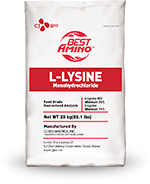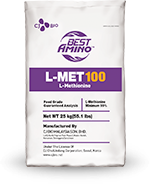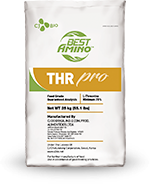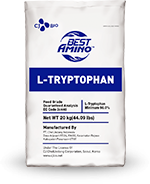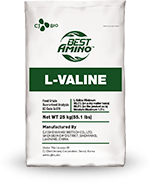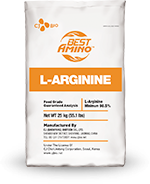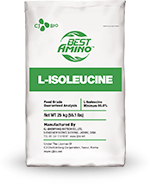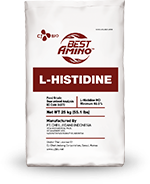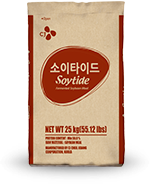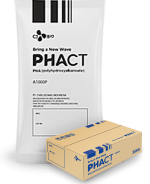Unraveling BCAA interactions
Jul. 15, 2020
- Nutrition
INTRODUCTION
Nutritionist have long recognized the existence of branched chain amino acids (BCAA) interactions and antagonism between Leucine (Leu), Isoleucine (Ile) and Valine (Val). In typical grain-soybean meal diets supplemented with synthetic amino acids (AA) these interactions are generally not of great concern.
However, as the world moved to renewable fuel sources, new by-products were available for use by the feed industry. Corn by-products, especially Distillers Dried Grains with solubles (DDGs) have become common place in swine and poultry rations in North America and Southeast Asia. These interactions can become a problem in corn based diets containing moderate to high levels of corn by-products (DDGs or corn gluten feed) as shown in Fig.1.
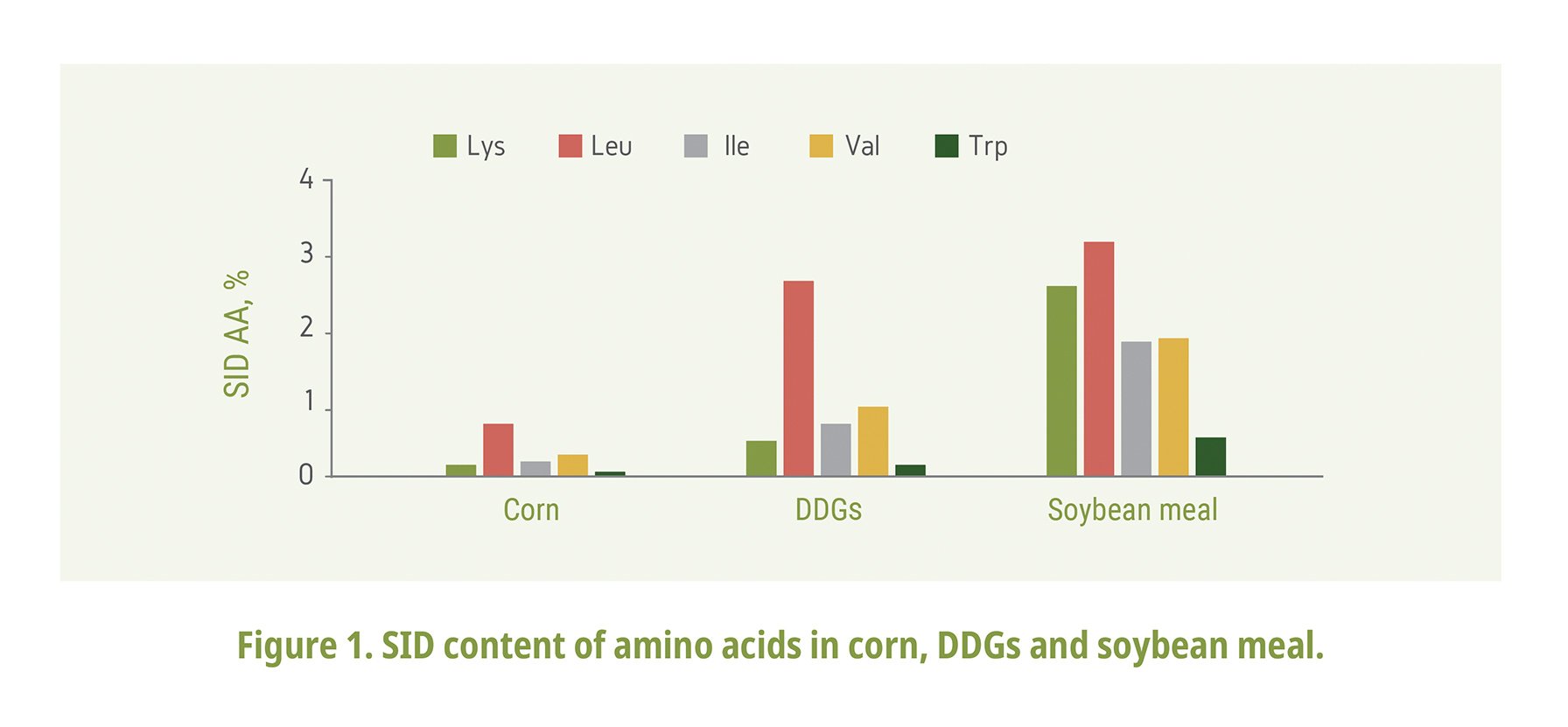
The SID Leu ratios to SID Ile in corn and DDGs are approximately 370% compared to 170% in SBM. Similarly, SID Leu to SID Val ratios are 260% in corn and DDGs compared to 160% in SBM. One can easily see that replacing SBM with DDGs in a diet can lead to excessive levels of Leu relative to the other BCAA.
This lead to the real problem, breakdown of excess Leu in the body. All three of the BCAA (Leu, Ile and Val) share the same enzymatic degradation pathway as shown in Fig. 2. This first enzyme attacks all three BCAAs indiscriminately attaching and breaking down available substrate. Enzyme activity is directly related to a substrates concentration, in this case total BCAA levels. As Leu increases in concentration with increasing dietary DDGs inclusion, enzyme activity also increases resulting in increased degradation of all three BCAA resulting in potential deficiencies of Val and Ile.
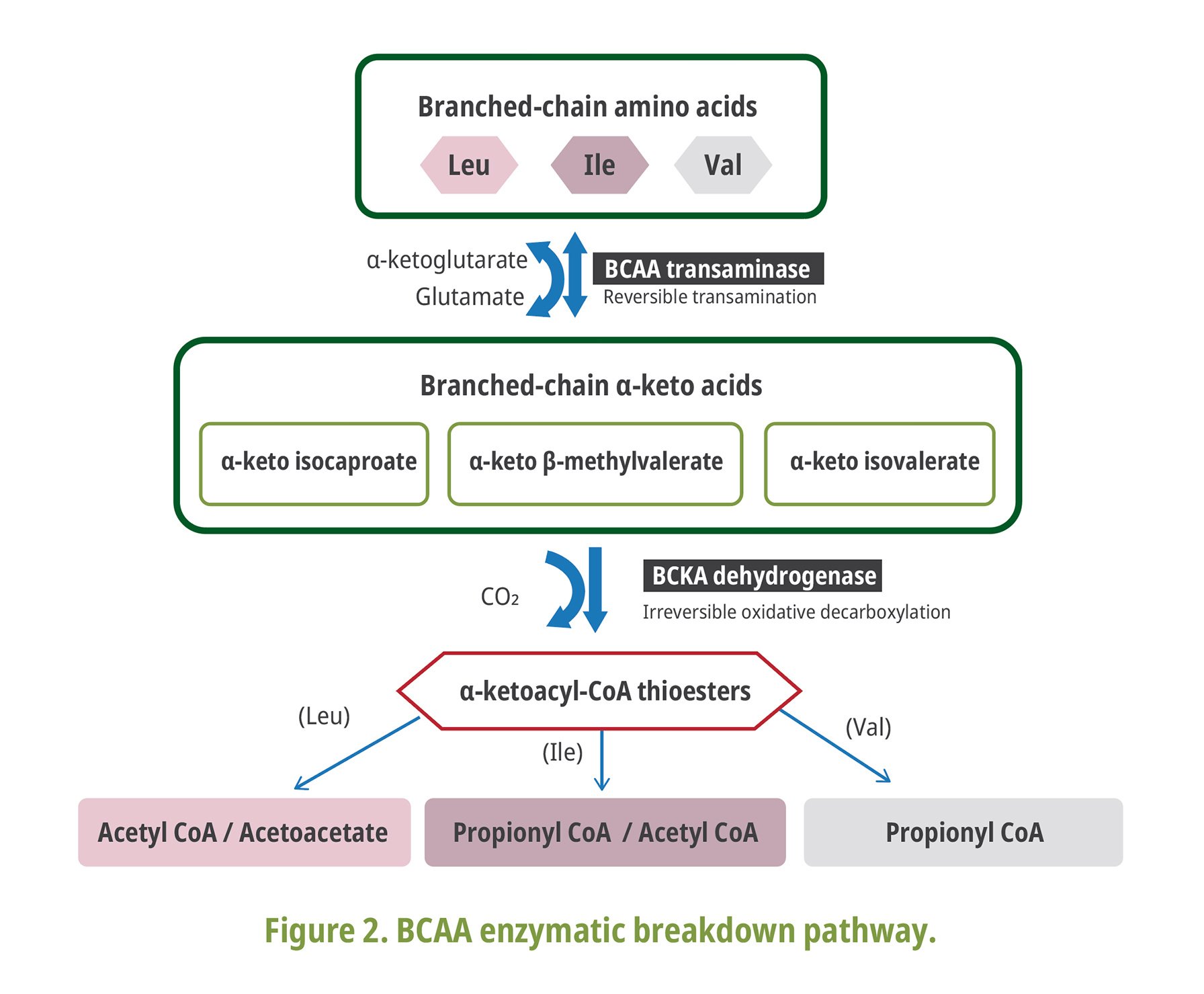
Swine nutritionist have employed several different strategies to minimize excess Leu in late finishing rations containing moderate to high levels of DDGs. Many would limit the maximum dietary inclusion rates of synthetic lysine and/or tryptophan. Others would increase their SID Ile to lysine ratios. All these are effective in managing excess Leu by forcing additional SBM into the diet. However effective, do they offer optimal solution to minimize diet cost while maintaining performance?
In effort to better understand the BCAA interactions, researchers at Kansas State University conducted an exhaustive literature review of all available BCAA research in both nursery, growing, and finishing pigs (Cemin et al. 20191). Using the data from the literature review, they adjusted all reported diets formulations to a common nutrient matrix (NRC, 2012). Then they conducted a meta-analysis with a series of regression analyses examining multiple BCAA and neutral AA interactions to develop suitable prediction models for weight gain and FCR (Cemin et al. 20192).
The weight gain model (Fig. 3) indicates that all three of the BCAA have an impact on predicted weight gain. Interestingly, SID Trp to SID Lys ratio was selected; perhaps suggesting BCAA interaction with large neutral AA. The authors suggested that BCAA and large neutral AA compete for the same transport sites on the blood-brain barrier. It has been hypothesized that a decrease in circulating brain tryptophan level leads to decreased serotonin, thus lower voluntary feed intake. The model offers some insight in the complexity of the interaction among BCAA. However, how does it predict growth under commercial conditions?
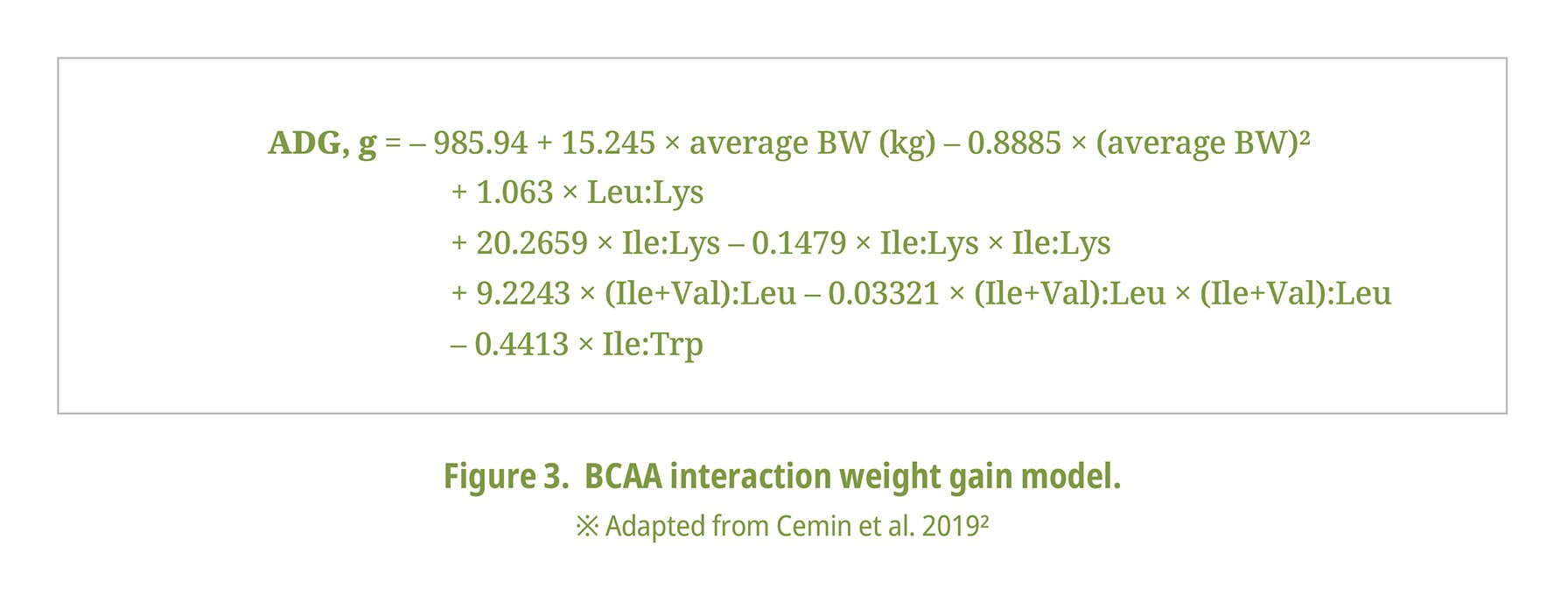
To answer this question, a consortium comprised of CJ America, National Pork Board, New Fashion Pork and Kansas State University developed and funded a research project to test the Cemin model. In the design of the experiment, the group decided to test the individual AAs (Ile, Val and Trp) additions as suggested by the model. The trial was conducted in commercial-sized research barn using 1,200 head of PIC growing-finishing pigs (34 kg, initially) fed for 106 days. Six experimental diets were fed over four dietary phases to ten replicate pens per treatment. Experimental diets contained corn, SBM, with 30% DDGs. Treatments consisted of a SBM control (SBM) with minimal level of L-lysine-HCl (1.5 kg/MT) only, a Negative Control (NC) with high L-lysine-HCl (5 kg/MT) and other synthetic AAs to meet NRC (2012) minimum EAA/Lys ratios. A Positive Control (PC) nominal L-lysine-HCl (4.4 kg/MT) with other EAA/Lys ratios to US industry standards. Then single additions of either L-Val, L-Ile or L-Trp were added to the Positive Control at the level suggested by Cemin model to restore weight gain to the level of the SBM Control diet with minimal synthetic AA additions.
Results were presented at Midwest Section of the American Society of Animal Science meetings (Kerkaert et al., 2020). Pig performance was excellent with ADG averaging over 1 kg/day from 34 to 130 kg converting at an average 0.391 Gain:Feed ratio even when feeding 30% DDGs (table 1). Increasing synthetic AAs level in the NC diet reduced (P<0.05) final body weight, ADG and hot carcass weight when compared to SBM control diet and the elevated Ile and Val treatments. PC and elevated Trp diets were intermediate in body weight, ADG and hot carcass weights. Gain:feed ratios were not statistically different (P>0.058) among the treatments. However, numerical improvements were noted for SBM Control, PC and Ile fed pigs as compared to NC, Val and Trp groups.
The Cemin model accurately (+/- 0.01 kg/day) predicted ADG of NC, PC, Val and Ile treatments when intercept was adjusted to the SBM Control group. The elevated Trp fed pigs ate less feed and grew slower than expected. Findings from this trial strongly suggest the Cemin model is more accurate means to assess impacts of elevated dietary Leu on swine growth than other current models. It may provide nutritionist a tool to examine best cost options when formulating diets containing corn and high levels of corn by-products.
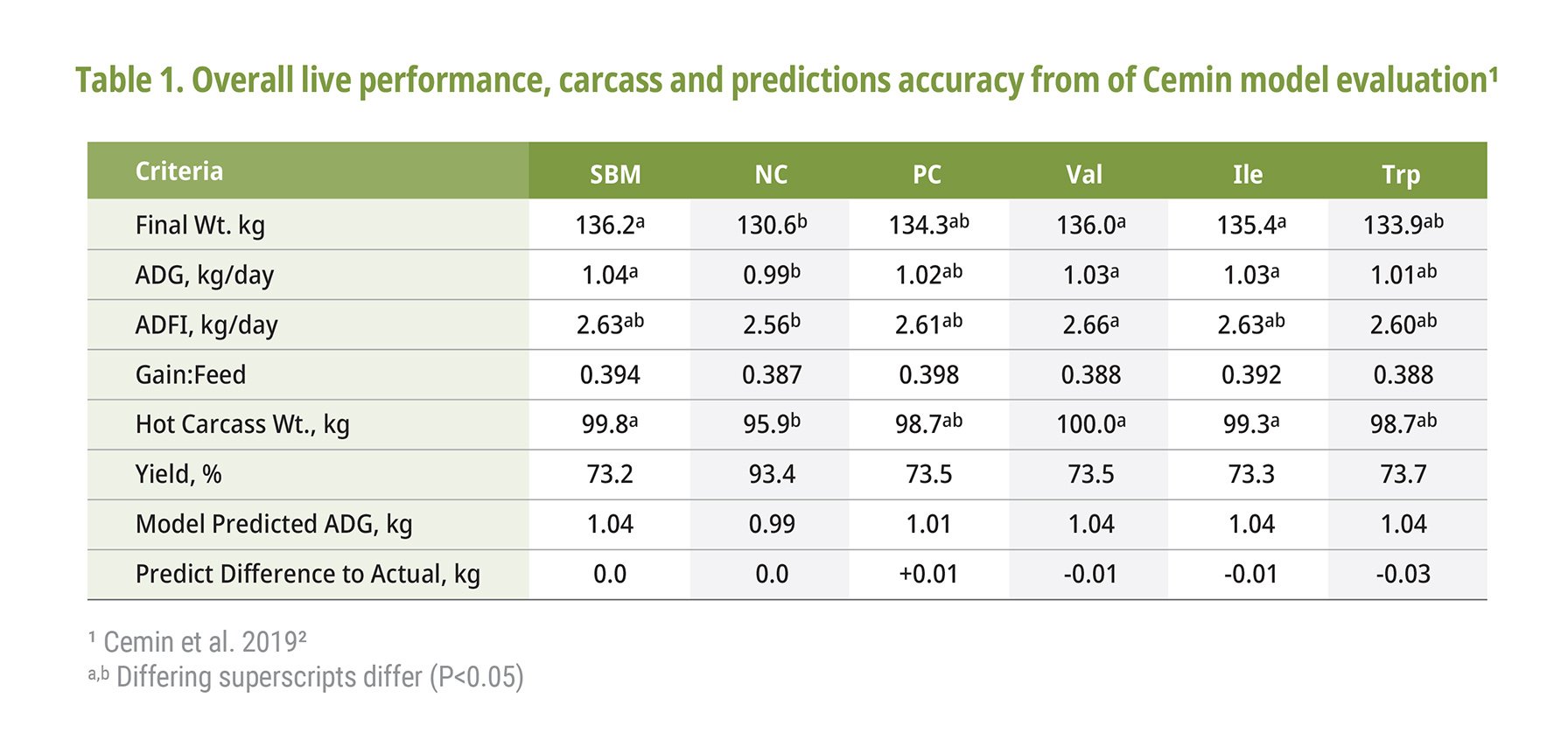
A series of least cost ration simulations with varying levels of DDGs were conducted to assess predicted performance and diets cost using both the Cemin model and the Htoo model (Htoo, 2012) compared to corn-SBM-AA diet. The Htoo model is quadratic regression model that adjust SID Ile/SID Lys ratio only, based on dietary SID Leu/Lys ratio (Ile/Lys Ratio = 31.27+ 0.27xLeu/Lys Ratio 0.0006 x Leu/Lys Ratio2). The formulations using the Cemin model were least cost results with increase of singularly or a combination of SID Val, Ile, Trp levels as suggested by the model to restore ADG to the predicted level of the corn-SBM-AA diet at the lowest cost.
Simulation results for a 20% DDGs swine grower formulations with 1.0% SID Lysine are shown in table 2. The Corn-SBM diet was predicted by the Cemin model to provide 912 g/day of gain. By allowing 20% DDGs into the formula without adjusting EAA/Lys ratios, diet cost can be reduced by $5.77/tonne, but projected ADG decreased by 37 g/day. Adjusting Ile/Lys ratio to 60.4 per the Htoo Model increased diet cost slightly ($0.53) with additional SBM, but predicted ADG was still 16 g/day less than the corn-SBM-AA diet. Adjusting both Val/Lys and Trp/Lys ratios using the Cemin Model in a diet containing 20% DDGs was projected to restore ADG to the corn-SBM diet, but at a cost saving of $3.88 per tonne.
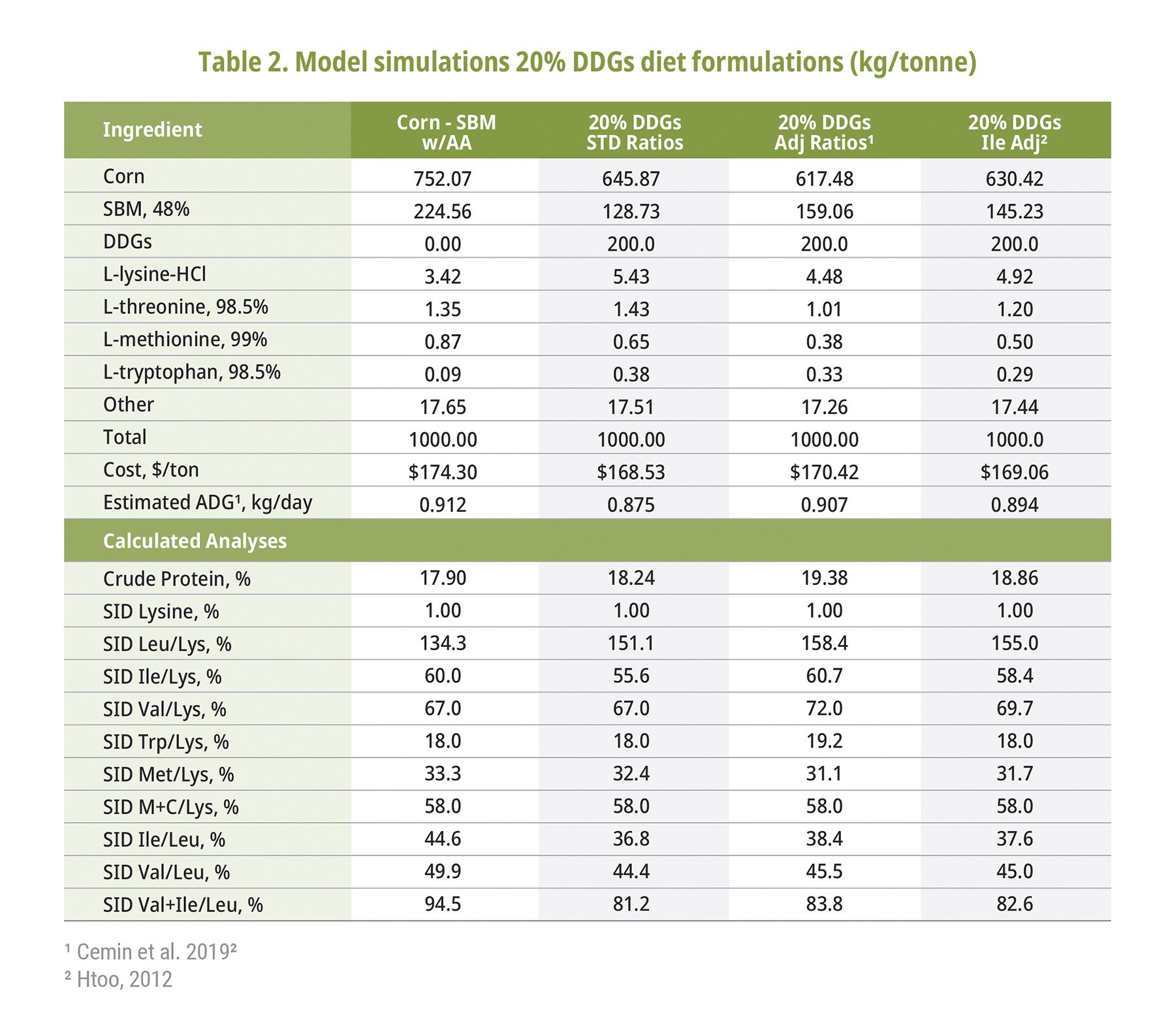
The Cemin model when adjusting the intercept to match control performance appears to accurately predict performance of pigs fed moderate and high DDGs diets in commercial conditions. The Cemin model offers nutritionist a new tool to examine multiple options to determine how best optimize feed cost per KG of weight gain when feeding moderate to high corn by-product diets.
REFERENCES
1. Cemin, H.S., M.D. Tokach, J.D. Woodworth, S.S. Drits, J.M. DeRouchey and R.D. Goodband. 20191. Branch-chain amino acid interactions in growing pigs. Transl. Anim. Sci. doi:10:1093/tas/txz087
2. Cemin, H.S., M.D. Tokach, S.S. Drits, J.C. Woodworth, J.M. DeRouchey and R.D. Goodband. 20192 Meta-regression analysis to predict the influence of branch-chain and large neutral amino acids on growth performance of pigs. J. Anim. Sci. 97:2505-2514. doi:10.1093/jas/skz118
3. Htoo, J. 2012. Requirements and optimal dietary branch-chain amino acids to lysine ratios for pigs. Evonick AminoNews. Vol 16. No. 1.
4. Kerkaert, H.R., H.S Cemin, M.D. Tokash, J.C. Woodworth, J.M DeRouchey, S.S. Dritz, R.D. Goodband, K.D. Haydon, C. Hastad and Z. Post. 2020. J. Anim/ Sci. In Press
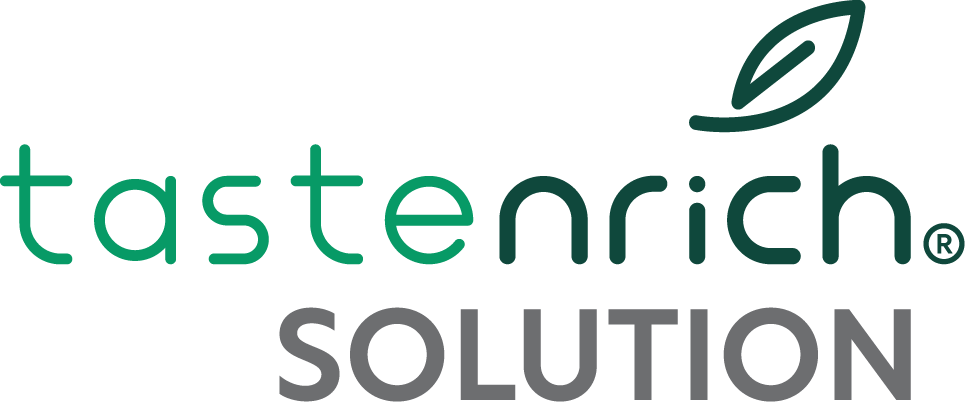
.png)
.png)



